The Trio Has Assumed Control
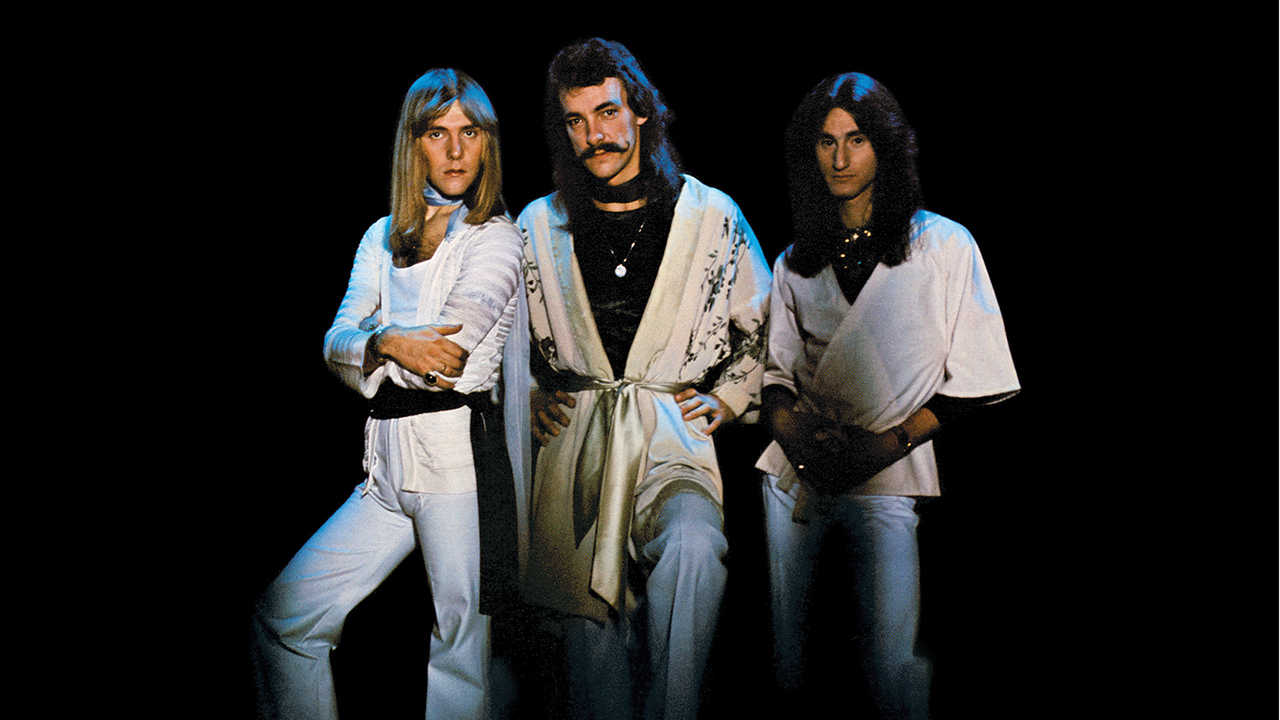 After the disaster that was “Caress of Steel” Rush was in dire straits. Both fans and the record company were not connecting with Rush’s new progressive direction. A change had to be made and fast, otherwise the trio weren't going to succeed in the industry. To make sure that didn’t happen, their record company advised and demanded them to craft songs that were more single friendly, radio friendly. Rush’s response: to make the title track of their next album a twenty minute long science fiction epic suite detailing a man going up against a civilization whose rulers detest art. The most insane result of all this, is that this decision should have blown up in their faces, but it didn’t. “2112” cracked the US Billboard Top LPs, reaching 61 in the charts, and sold over 500,000 copies by 1977, reaching gold certification. The biggest question is how? How and where did this album succeed when “Caress of Steel” failed to reach an audience, even though both albums have a twenty minute long song. The answer, almost ironically, lies in the title track itself.
After the disaster that was “Caress of Steel” Rush was in dire straits. Both fans and the record company were not connecting with Rush’s new progressive direction. A change had to be made and fast, otherwise the trio weren't going to succeed in the industry. To make sure that didn’t happen, their record company advised and demanded them to craft songs that were more single friendly, radio friendly. Rush’s response: to make the title track of their next album a twenty minute long science fiction epic suite detailing a man going up against a civilization whose rulers detest art. The most insane result of all this, is that this decision should have blown up in their faces, but it didn’t. “2112” cracked the US Billboard Top LPs, reaching 61 in the charts, and sold over 500,000 copies by 1977, reaching gold certification. The biggest question is how? How and where did this album succeed when “Caress of Steel” failed to reach an audience, even though both albums have a twenty minute long song. The answer, almost ironically, lies in the title track itself.
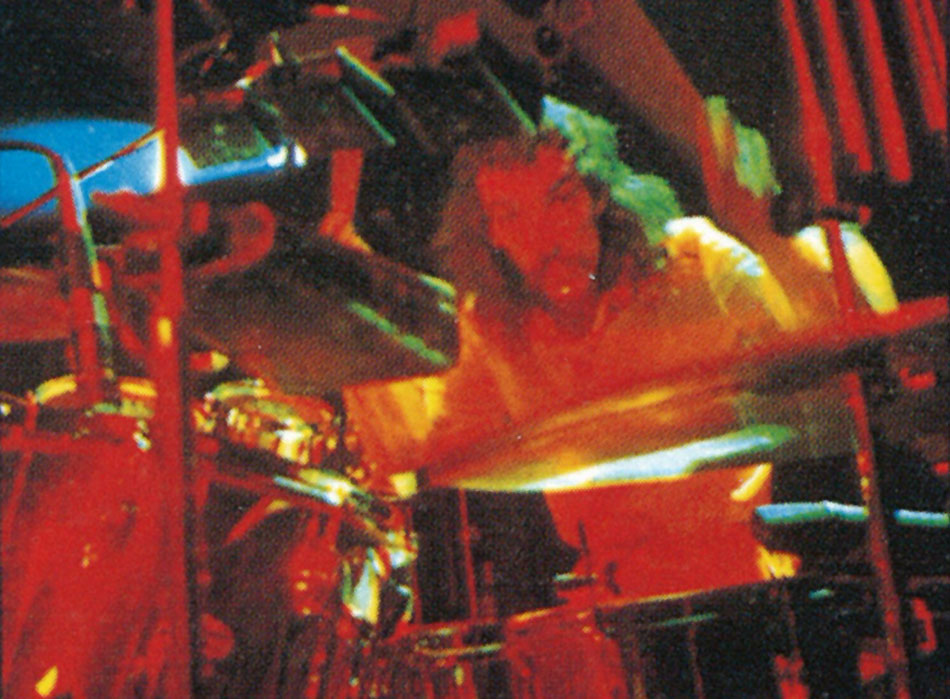 This suite is emotionally heavy, sorrowful, and an allegory for the pressures that the band was experiencing around that period. A question still remains: how well does the band execute this idea? The answer: ...splendidly. The opening of the track, entitled “Overture”, is a great foreshadowing of what’s to come with the rest of the tracks, giving pieces of each of the sections into one great explosion of an introduction. Throughout the twenty minutes, the band is focused, the band is charged, at no point do they let up, only slowing down when absolutely necessary before roaring with fire. There are many subtleties that can be picked up with repeated listens. From the simple strumming to greater complex playing by Lifeson in “The Discovery” to the entirety of “Presentation”, where the band shifts from a soft, melodic sound with a soothing vocal delivery by Lee for the main character, and a roaring shrieking aggression with Lee shrieking up a storm representing the Priests, this is a song that appreciates the more one listens to it. Despite its lofty aspirations, the band was able to convey a subject that listeners could relate to, and that effectiveness helped save the band. In fact, there is an argument to be had that this is the song that birth progressive metal. From this track alone, bands such as Dream Theater and Fates Warning would take great inspiration from this suite and many more from this period of the Rush canon.
This suite is emotionally heavy, sorrowful, and an allegory for the pressures that the band was experiencing around that period. A question still remains: how well does the band execute this idea? The answer: ...splendidly. The opening of the track, entitled “Overture”, is a great foreshadowing of what’s to come with the rest of the tracks, giving pieces of each of the sections into one great explosion of an introduction. Throughout the twenty minutes, the band is focused, the band is charged, at no point do they let up, only slowing down when absolutely necessary before roaring with fire. There are many subtleties that can be picked up with repeated listens. From the simple strumming to greater complex playing by Lifeson in “The Discovery” to the entirety of “Presentation”, where the band shifts from a soft, melodic sound with a soothing vocal delivery by Lee for the main character, and a roaring shrieking aggression with Lee shrieking up a storm representing the Priests, this is a song that appreciates the more one listens to it. Despite its lofty aspirations, the band was able to convey a subject that listeners could relate to, and that effectiveness helped save the band. In fact, there is an argument to be had that this is the song that birth progressive metal. From this track alone, bands such as Dream Theater and Fates Warning would take great inspiration from this suite and many more from this period of the Rush canon.
With the album opening with this titan of a progressive rock suite, it is fairly easy to overlook the second side of the album, comprising of five three-four minute long tracks. While many fans espouse the idea that the second side is vastly inferior to the title track, this is a statement that is fairly exaggerated. The second side of “2112” is more than serviceable, and holds some hidden gems of their song catalog. On the other hand, this is where “2112”’s greatest fault lies. The two sides of the album feel disconnected from each other, coming off like the band put so much effort into the title track as their big statement, and then the rest was just made so that they could meet the required length of a studio LP. With that statement in mind, the second side is still severely overlooked.
The first two tracks, “A Passage to Bangkok” and “The Twilight Zone” are a great reprieve from the emotional intensity of the title, showcasing the band’s sense of humor and fun. “A Passage to Bangkok” details the many places where weed is grown, with a great exotic flavor to Lifeson’s guitars creating a very enjoyable pseudo-psychedelic track, and “The Twilight Zone” is about the masterpiece of television that is “The Twilight Zone”. A great moody piece, the lyrics are based on two episodes from the show, “Will the Real Martian Please Stand Up?” and “Stopover in a Quiet Town”. It’s geeky, and the song reeks of the band showing how much they are fanboys of the show, but it's a ton of fun. “Lessons” is a return to the down to Earth lyrical content, written by Alex Lifeson, it showcases his past, how proud he is that he has come this far, but doesn’t divert from the familial struggles that his decisions presented, and is an overall pleasant track. “Tears” is the one big weakness of the second side, and while sporting fantastic acoustics and a tasty mellotron, lyrically it’s overblown and morose and without any real emotional reason for this approach, other than it’s about sadness. A weak track that while not one that a listener should skip, it’s not one that warrants many repeated listens on it's own. The final track of the second side and the album as a whole, “Something For Nothing” is an aggressive call to action, returning to the individualistic philosophy expressed by the title track and a good portion of “Fly By Night”. Instead of the main character expressing a desire to forge their own path, it’s now the band demanding people to stop waiting for the change or waiting for the success to come along and for them to be their own change and their own success that they want and desire, definitely a standout alongside the title track.
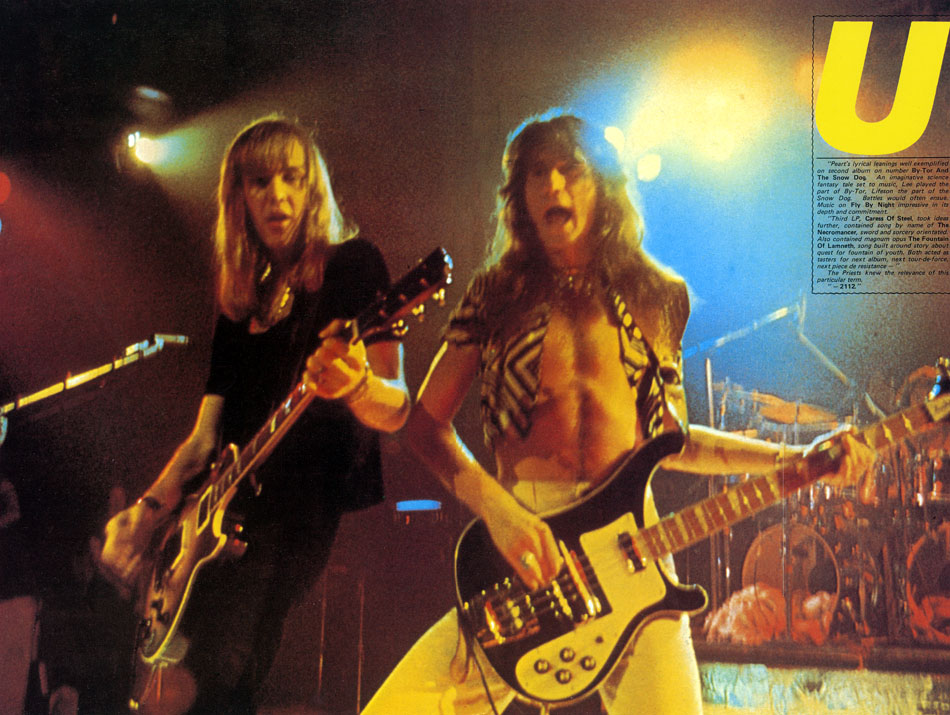
The band had clawed out of the depths of obscurity and failure with the success of "2112", surprising nearly everyone, including themselves. Rush made the impossible possible now, and their determination and adherence to their vision proved that they were meant to stay. From here on, things only looked brighter for the men.

The band had clawed out of the depths of obscurity and failure with the success of "2112", surprising nearly everyone, including themselves. Rush made the impossible possible now, and their determination and adherence to their vision proved that they were meant to stay. From here on, things only looked brighter for the men.
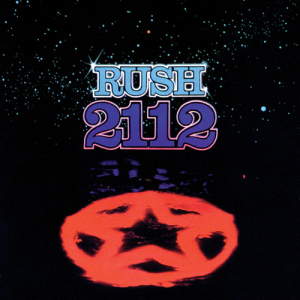
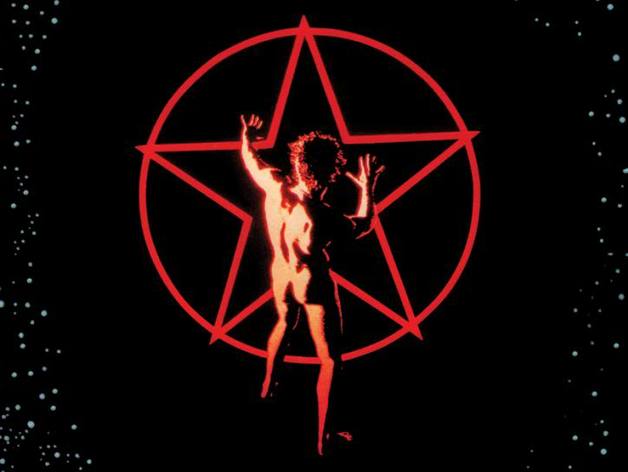

Comments
Post a Comment